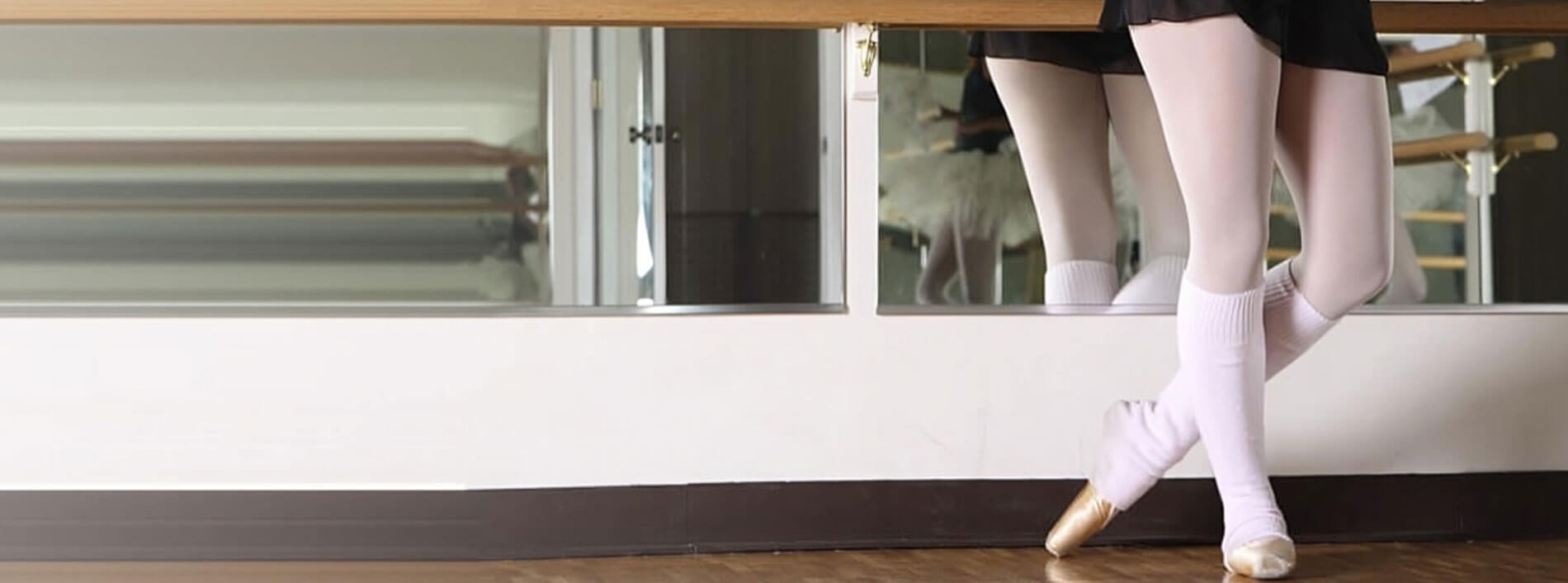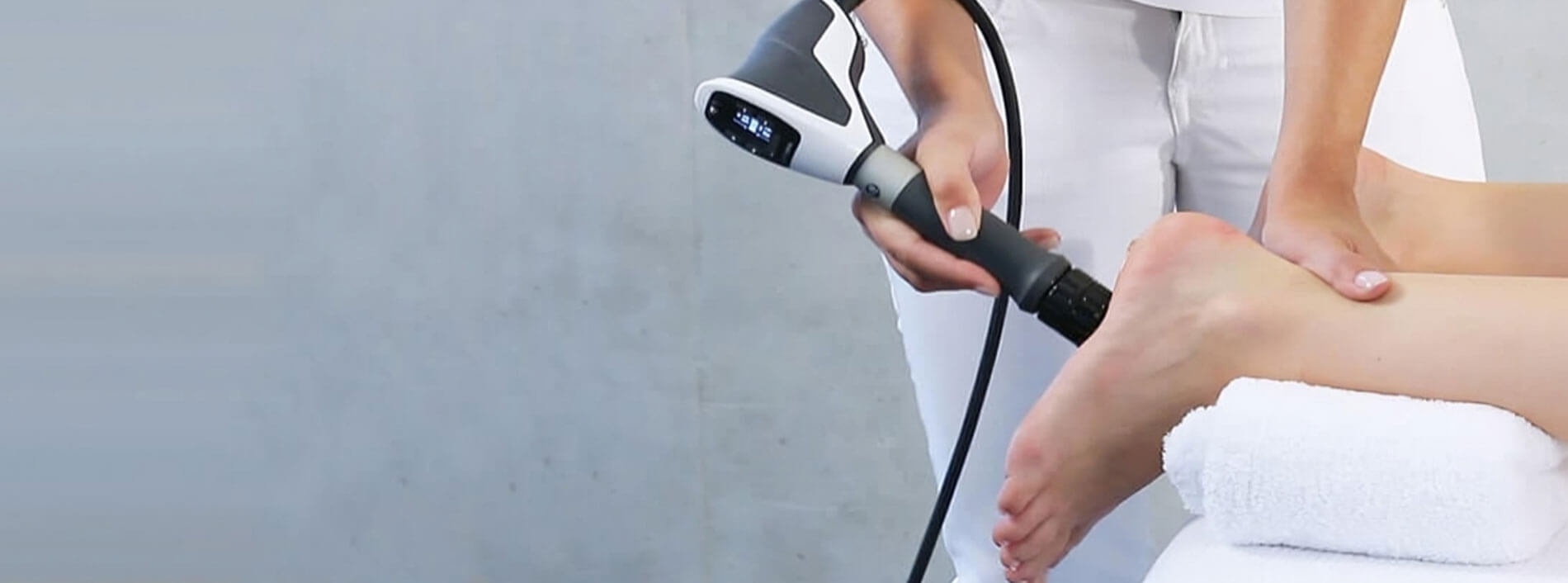


slide-ballet.jpg
slide-university.jpg
shockwave-therapy-curamedix.jpg
WE PROVIDE FOOT CARE FOR THE WHOLE FAMILY
Suffering from foot, ankle or heel pain?
As the official podiatrist for the Boston Ballet, Jordana Szpiro, DPM, FACFAS has the credentials and expertise to treat all your foot and ankle concerns. Located in Boston, MA, our practice, Boston Common Podiatry, has access to various advanced equipment regarding podiatric treatment and procedures, we have on-site x-ray and handicap entrance.
Boston Common Podiatry specializes in heel pain, skin conditions of the foot, sports medicine, general podiatric care, laser wart removal, laser treatment for fungal nails, and we offer custom made orthotics as well! We perform procedures involving surgery, as well as shockwave therapy (EPAT) and Sculptra foot fillers. As a practice, we work with each patient to develop a unique plan that will address all of their problems.
Dr. Szpiro and Dr. Bolla are experts in laser wart removal and the treatment of toenail fungus through the use of laser therapy. Dr. Szpiro has lectured extensively on various topics, most recently at the APMA Annual Scientific Meeting on laser treatment for toenail fungus. Whatever podiatric concern you may be facing, our doctor is sure to be able to help!
We have an employee that speaks fluent Spanish.
To schedule an appointment, call us at (617) 286-5163. We accept a variety of insurance plans and payment with cash, check, or credit card.
Athlete’s foot is an extremely contagious infection caused by a fungus that results in itching, burning, dry, and flaking feet. The fungus that causes athlete’s foot is known as tinea pedis and thrives in moist, dark areas such as shower floors, gyms, socks and shoes, commons areas, public changing areas, bathrooms, dormitory style houses, locker rooms, and public swimming pools. Athlete’s foot is difficult to treat as well because of the highly contagious and recurrent nature of the fungus.
Tinea is the same fungus that causes ringworm, and is spread by direct contact with an infected body part, contaminated clothing, or by touching other objects and body parts that have been exposed to the fungus. Because the feet are an ideal place for tinea to grow and spread, this is the most commonly affected area. It is, however, known to grow in other places. The term athlete’s foot describes tinea that grows strictly on the feet.
The most commonly infected body parts are the hands, groin, and scalp, as well as the feet. Around 70% of the population suffer from tinea infections at some point in their lives, however not all of these cases are athlete’s foot. Just like any other ailment, some people are more likely to get it than others, such as people with a history of tinea infections or other skin infections, both recurring and non-recurring ones. The extent to which a person experiences regrowth and recurrent tinea infections varies from person to person.
Sometimes people will not even know that they are infected with tinea or that they have athlete’s foot because of a lack of symptoms. However, most experience mild to moderate flaking, itching, redness, and burning. However, some of the more severe symptoms include cracking and bleeding skin, intense itching and burning, pain while walking or standing, and even blistering.
Because of the recurring nature of the tinea fungus and the athlete’s foot it causes, the best way to treat this condition is with prevention. You can take some preventative measures such as wearing flip flops or sandals in locker rooms and public showers to reduce contact with the floor. It also helps to keep clean, dry feet while allowing them to breathe. Using powders to keep your feet dry is a good idea, as well as keeping your feet exposed to light and cool air, to prevent the growth of tinea. If you do happen to get athlete’s foot, opt for using topical medicated creams, ointments or sprays. These treatments help eliminate and prevent it from coming back.
